…Howard Jacobson grew up in working-class Manchester, to a father who worked as a children’s entertainer and who ran a market stall selling trinkets. Bright, bookish and intellectually ambitious, he studied English literature at Cambridge under the legendary F.R. Leavis. “I’m an old-fashioned English lit. man,” he said. “Straight down the line — it’s George Eliot, it’s Dickens, it’s Dr. Johnson, it’s Jane Austen.”…
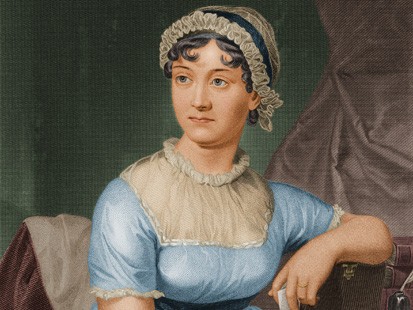
...One minor but interesting point is that, though Jane Austen never used a Jewish character, or discussed Judaism in any way in her writings, she manages to strike a blow against anti-Semitism anyway -- her sole mention of Jews is the phrase "as rich as a Jew", used repetitively in Northanger Abbey by John Thorpe (one of the most obnoxious and ridiculous characters in all her novels); significantly, the heroine Catherine Morland does not at first understand what he means....
There is no denying that the outward events of Jane Austen’s life were of no moment except to herself and her family. Nor does the inner life appear to have been very rich except as it related to her creative genius. If she had a passion, it was an uncompromising love of truth and an unforgiving horror of sentimentality and pretense- a horror so extreme that she suspected as fraudulent in others emotions that she could not feel herself. She knew love, no doubt- but it was the love of a spirited young woman with a strong sense of decorum and without sexual experience.
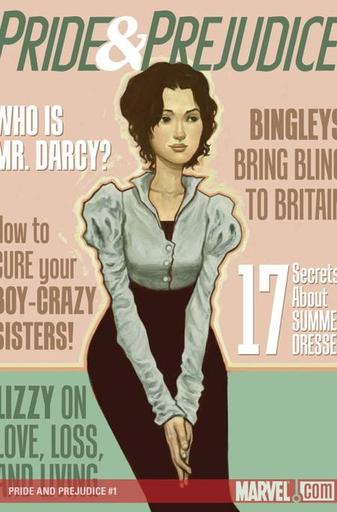
Tony Grant:Word play of every sort is what jokes are made from. Jane Austen was good at this. Throughout her letters and often in her novels there are examples of what people describe as waspishness. Sometimes this can be hurtful or even insulting to the person she talks about, if that person were to hear or read what Jane said about them. Some of them did, because she wrote the letter directly to them. Cassandra, Martha Lloyd and her own mother, Mrs Austen, did not escape.
Characteristically, the lovers in her novels never kiss or even hold hands, and the men with whom her heroines fall in love have something mysterious and inscrutable about them: a man’s world was closed territory to her. Not that she was a prude or ignorant of the facts of life. The heroes and heroines of her earliest productions, written when she was fourteen or fifteen, are alarmingly addicted to love out of wedlock and to grand larceny. But these productions are pure parody and buffoonery. In her mature work illicit or adulterous love does occur on several occasions, it is true: in “Sense and Sensibility” Mr. Willoughby begets an illegitimate child by a young woman who is herself illegitimate; in “Pride and Prejudice” Lydia briefly lives in sin with Mr. Wickham, who, incidentally, is also guilty of financial indelicacy- the most serious nonsexual crime in any of Jane Austen’s mature novels.
…Because of his rare position in the literary landscape, Mr. Jacobson has been called the “English Philip Roth,” but he says he would prefer to be “the Jewish Jane Austen.” “I’m an English writer who happens to know about Jews and would like to write like Jane Austen, with a little bit of Yiddish,” he said….
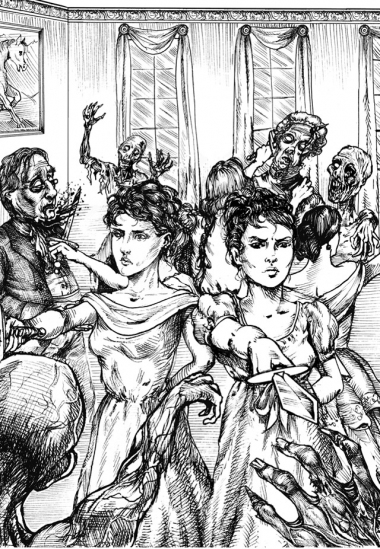
Rob Bricken:Pride and Prejudice and Zombies, the book that is very much Jane Austen's Pride and Prejudice but with zombie attacks and Elizabeth ripping out a ninja's still-beating heart, is apparently going to be made into a miniseries, according to the book's Twitter and io9. No word on who will be making it or when it might air, but as you might recall, I loved the book, and am excited enough by the thought of a live-action P&P&Z that I had to inform you guys immediately.
None of these scandalous events, however, is described in detail; the reader hears of them only as he would hear gossip- either from the mouths of other characters or, in a succinct statement, from the author. Where her intuitive knowledge is complete, Jane Austen re-creates the minutest shadings of emotion in their totality, but where is it wanting, she is content to represent events and actions not in themselves but indirectly, as they strike the consciousness of characters not immediately involved.
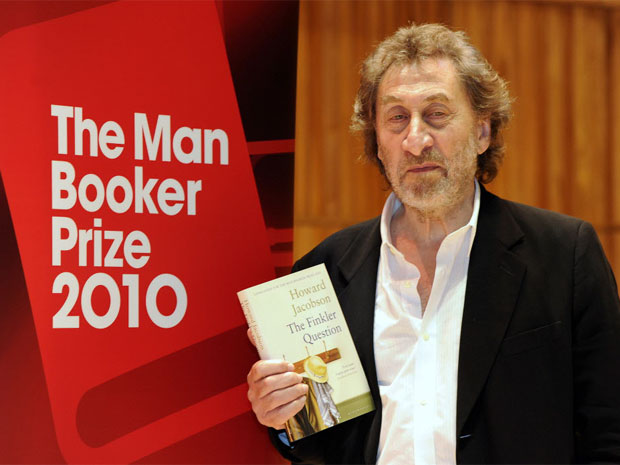
Howard Jacobson has won the 2010 Man Booker Prize for The Finkler Question. For the honours he receives a £50,000 (US$76,790) cash prize, and perhaps more importantly, the right to put the little "Booker Winner" sticker on the cover of his novel. Read more: http://arts.nationalpost.com
That Jane Austen could describe what a woman feels when she loves must be clear to anyone who has read “Persuasion” , the last novel she completed. What she expresses here is a triumphant satisfaction arising not so much from physical passion as from moral certainty and peace. The title of the novel is deliberately ambiguous: eight years before the action of the novel begins, its heroine, Anne Elliott, had been persuaded by an elder friend that the man to whom she was engaged-Captain Wentworth of the Royal Navy- was not the man for her; being in doubt of her feelings, she has cancelled the engagement-for, as jane Austen wrote to her niece Fanny Knight, “Anything is to be preferred or endured rather than marrying without Affection.” At the end of the novel, Anne is persuaded not only of her continued love for Wentworth but also of his for her. She has just received his written declaration of love when they meet accidentally in the streets of Bath and he offers to escort her home. Anne accepts the offer, and, “smiles reined in and spirits dancing in private rapture,” they proceed on their walk:
m+%22Pride+and+Prejudice+and+Zombies.%22+Credit%3A+Quirk+Books&title=">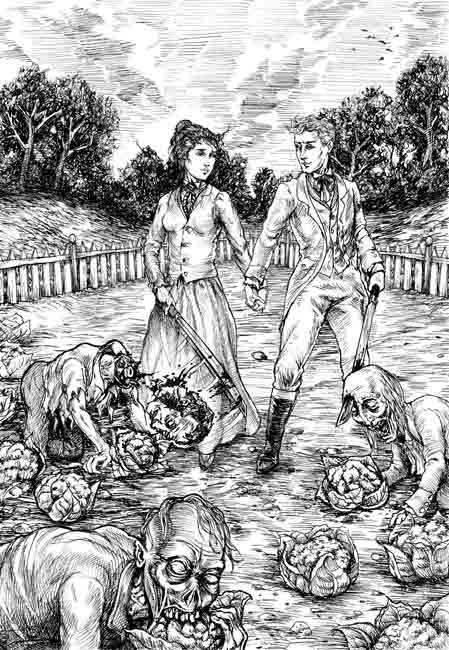
An illustration showing zombie-slaying protagonists Elizabeth Bennett and Darcy from "Pride and Prejudice and Zombies." Credit: Quirk Books





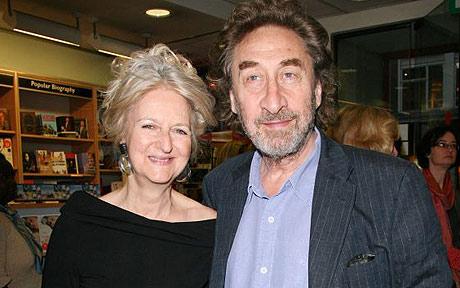
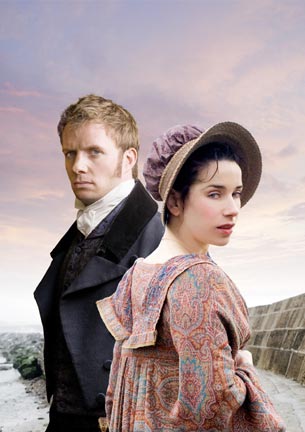




 COMMENTS
COMMENTS



